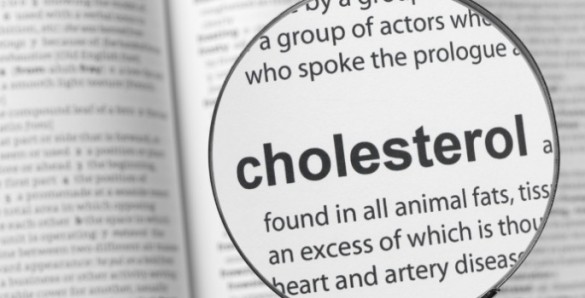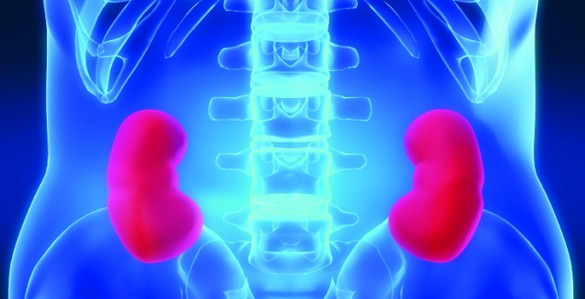Chronic kidney disease (CKD) impairs the protective functions of high-density lipoproteins (HDLs) in children, Vanderbilt researchers report in the February issue of the journal Metabolism.
Valentina Kon, M.D., and colleagues previously showed that adults with end stage renal disease (ESRD) requiring dialysis have impaired HDL that is less able to accept cholesterol and control inflammation compared to control HDL. But adults with ESRD also have multiple co-morbidities that increase risk of cardiovascular disease. To evaluate the direct effects of CKD on HDL functionality, the investigators studied HDL from children with ESRD, moderate CKD and controls with normal kidney function.
They demonstrated that HDLs from children with ESRD or CKD caused macrophages to produce more inflammatory factors and endothelial cells to have diminished capacity to proliferate following injury or resist macrophage adhesion, compared to control HDLs.
The findings show that even without other long-standing risk factors, CKD alters HDL functions linked to control of macrophage inflammation and endothelial cell responses.
This research was supported in part by grants from the National Institutes of Health (HL087061, DK044757, HL065709, HL057986, DK059637, HL116263).
Send suggestions for articles to highlight in Aliquots and any other feedback about the column to aliquots@vanderbilt.edu















